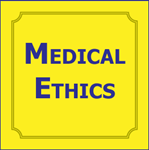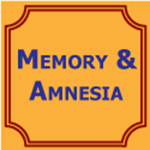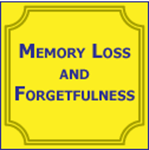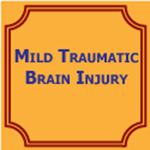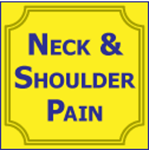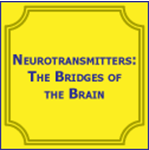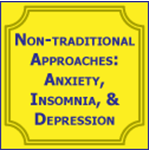You have no items in your shopping cart.
Booklets with Test
Medical Ethics
Identifies and discusses the principles of medical ethics. Defines and distinguishes between ethics, morals, and values. Identifies the ethical obligations in a clinician-patient relationship. Explains the issues surrounding patient consent, including informed consent, voluntary consent, and competent consent. Discusses ethical principles in preserving patients’ confidentiality, including the requirements of the Health Insurance Portability and Accountability Act (HIPAA). Explains the legal documents that apply to end-of-life health care decisions and the ethical principles that apply to the right-to-die controversy. Identifies the core values and code of ethics as they should be applied within the medical professions.
$30.00
Meditation
Defines what meditation is. Identifies the benefits of meditation and the research supporting these benefits. Reviews the history of meditation and how it came to be popular in North America. Identifies the most popular meditation techniques. Discusses how to troubleshoot challenges that may arise while meditating.
$30.00
Memory & Amnesia
Explains how memories are formed by identifying the four main processes of memory and the three stages of long-term memory. Describes the important differences between declarative/explicit memory and procedural/implicit memory. Lists the current concerns and controversies surrounding eyewitness testimony and repressed memories. Identifies the principal processes and causes of psychogenic and organic amnesias. Discusses the nature of “flashbulb” emotional memories. Identifies the difference among normal forgetting, age-associated memory impairment, and mild cognitive impairment. Lists the major memory disorders that can result in amnesia and dementia. Describes methods for improving memory.
$35.00
Memory Loss & Forgetfulness
Identifies the memory changes that take place in normal aging. Discusses how mild cognitive impairment (MCI) differs from memory loss in normal aging and from dementia. Describes the cognitive and personality changes that take place in Alzheimer’s disease. Identifies cognitive and personality changes that occur in a range of non-Alzheimer’s disease dementias.
$30.00
Mild Traumatic Brain Injury
Identifies the symptoms of and recovery pattern from a mild brain injury. Describes the difficulties in making the diagnosis of mild brain injury. Lists the steps in managing sports-related mild brain injuries. Describes treatment strategies for reducing the impact of mild brain injury on cognitive, emotional, behavioral, and vocational functioning. Identifies lifestyle changes that can prevent the onset of a mild brain injury.
$35.00
Neck & Shoulder Pain
Identifies the anatomy and function of the neck and shoulder joint. Identifies the different neck and shoulder disorders. Discusses the differences in presentation of signs and symptoms among the different neck and shoulder disorders. Describes the role of imaging in the diagnosis of neck and shoulder disorders. Lists surgical and non-surgical treatment options for these disorders. Discusses recent advances in joint replacement surgery (arthroplasty) and artificial disc replacement.
$30.00
Neurotransmitters: The Bridges of the Brain
Identifies the importance of neurotransmission for higher cognitive functions of the human brain. Outlines known neurotransmitters and their interplay in the brain as well as the influence of various neurotransmitters on thought, mood, and emotions. Identifies the various pharmaceutical and alternative remedies that influence the function of neurotransmitters. Discusses possible ways to optimize patient management and minimize of drug interactions, including those with medications used in dental practice.
$30.00
Non-traditional Approaches: Anxiety, Insomnia, & Depression
Identifies and describe cognitive behavioral therapy techniques used in treatment of insomnia, depression, and anxiety. Discusses how existing communication technology expands psychotherapeutic treatment options. Lists reasons why many people with anxiety disorders never seek medical help. Discusses how non-traditional approaches can improve patient care and outcomes.
$30.00

